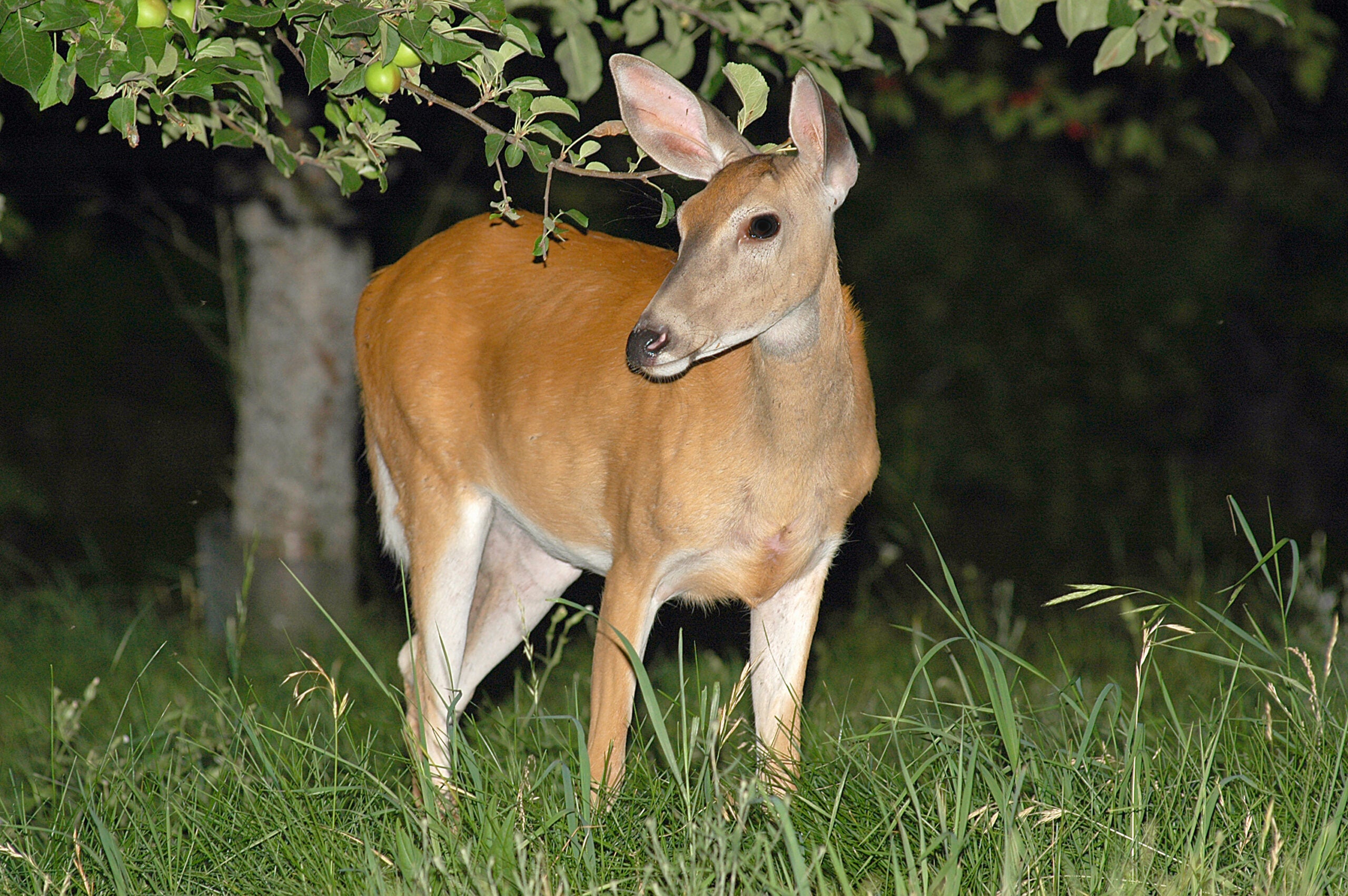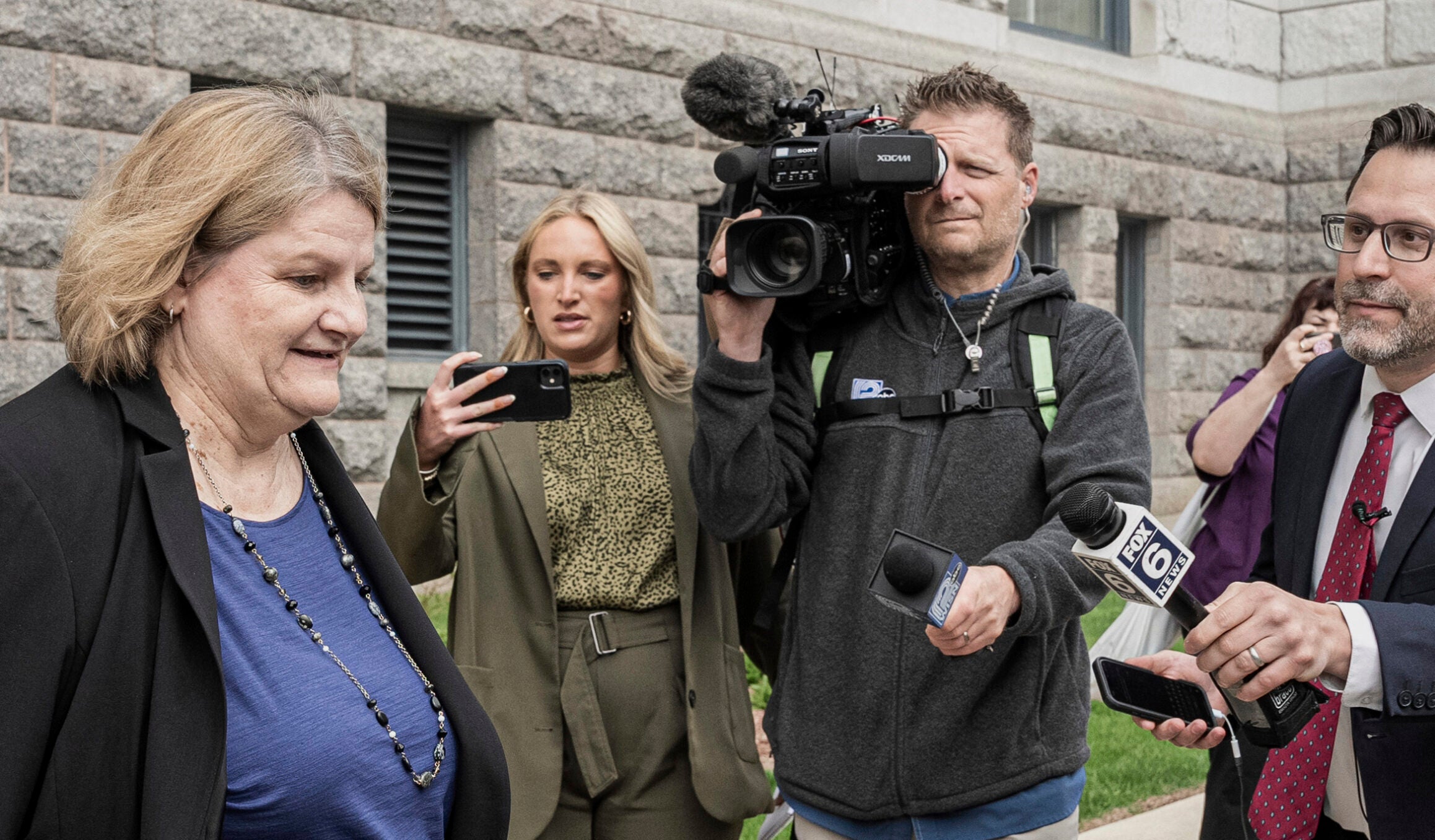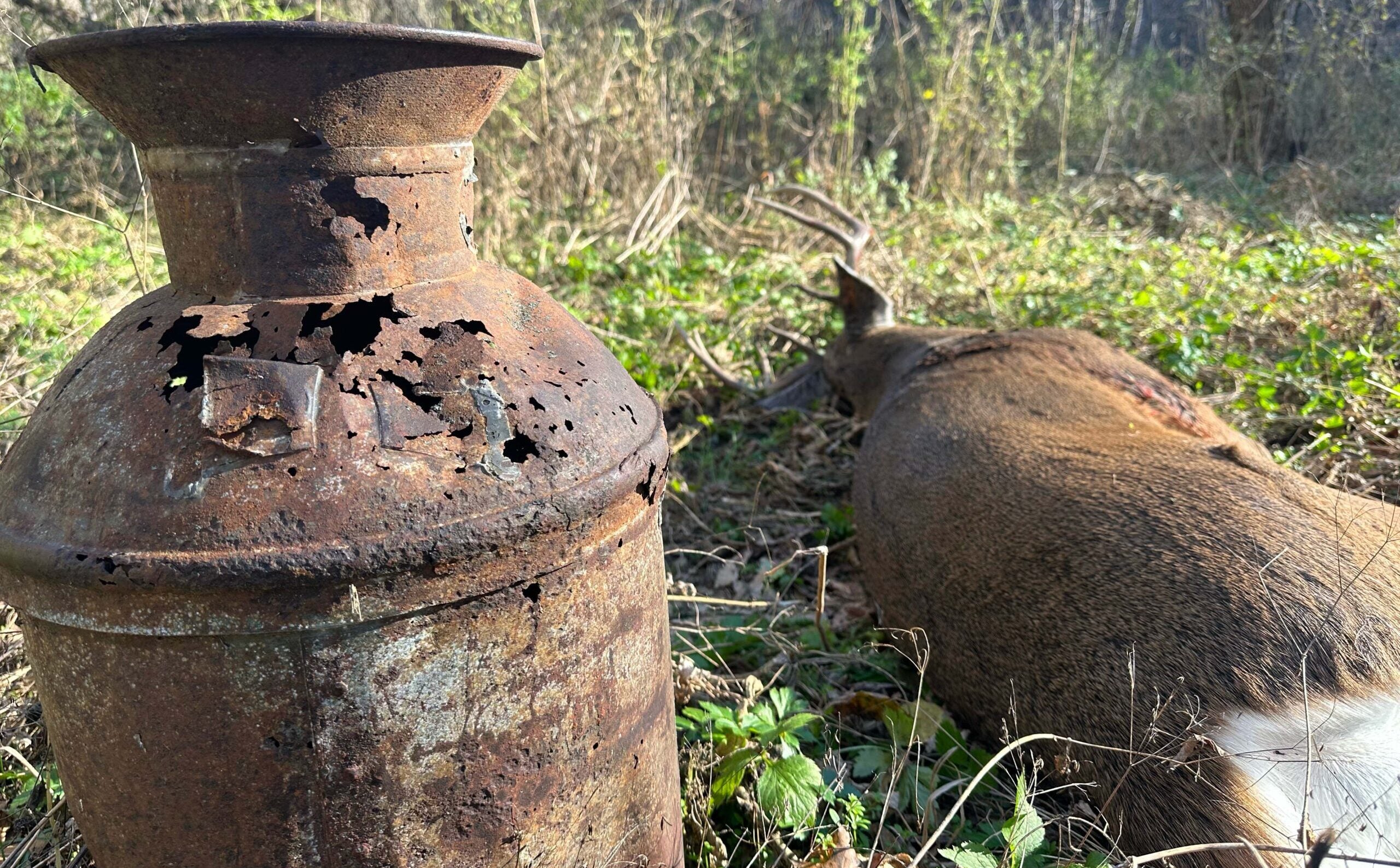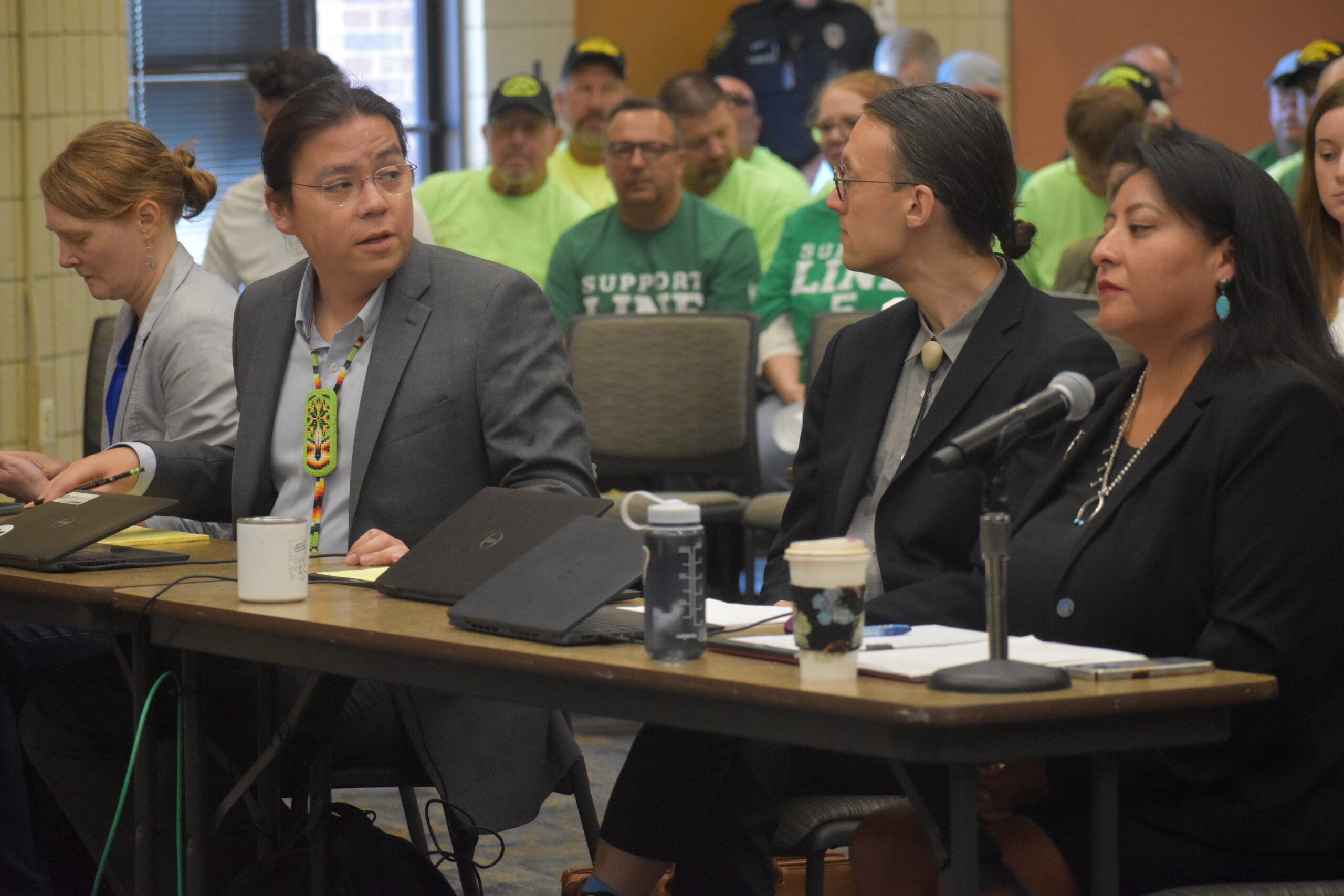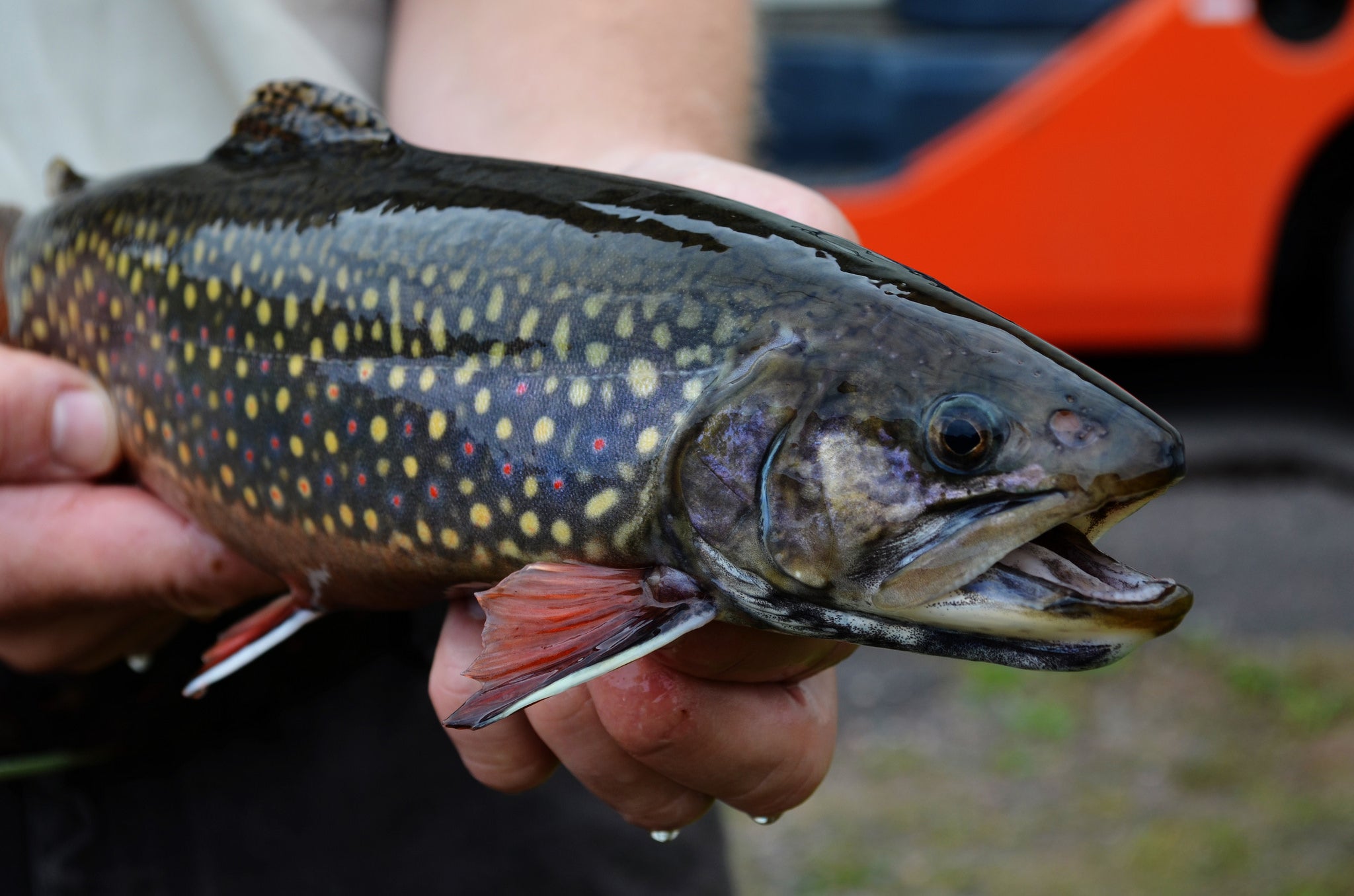Testimony wrapped up today in a trial to determine if Wisconsin Ojibwe tribes can hunt deer at night on land ceded to them under treaties.
A ruling is expected before the November hunting season.
During five days of testimony, experts for both the tribes and the state presented conflicting opinions and evidence about whether the tribes proposed two-month night deer season can be carried out safely.
News with a little more humanity
WPR’s “Wisconsin Today” newsletter keeps you connected to the state you love without feeling overwhelmed. No paywall. No agenda. No corporate filter.
State witnesses said the required training is not adequate to prevent possible injuries to non-hunters who may be in the woods between November 1 and the end of December.
But the tribes argue that their proposed regulations require a special training program, a pre-approved safe hunting spot, marksmanship training and the use of a light – requirements that they say are more stringent than those used for sharp shooters who hunt at night for the Department of Natural Resources to kill deer as part of the Chronic Wasting Disease program.
The federal judge also heard testimony on whether tribes are allowed to even propose a night hunting season because they agreed not to do so at the end of a trail in 1990s that established the current hunting rights tribes now exercise.
Both sides will submit final briefs and the judge will rule both on whether a tribal night hunt will be allowed at all, and if so whether the tribes’ plan needs to be changed to make it safer.
Wisconsin Public Radio, © Copyright 2025, Board of Regents of the University of Wisconsin System and Wisconsin Educational Communications Board.

